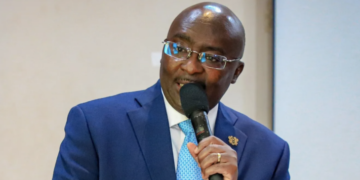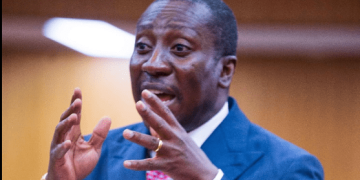The government is set to retract the controversial 15% Value Added Tax (VAT) on electricity, according to reports.
This decision is pending further discussions with the International Monetary Fund (IMF).
The tax imposition, aimed at addressing the energy sector’s debt to enhance its sustainability, has faced widespread criticism from various sectors including Organised Labour, civil society, and the general public.
The backlash reached a peak when Organised Labour threatened a national strike if the government proceeded with the tax implementation.
In light of these protests and a planned demonstration by the Trade Union Congress on February 13, the government appears to be reconsidering its stance due to the substantial opposition.
The call for the tax withdrawal has transcended political lines, with notable figures like John Mahama of the National Democratic Congress highlighting the additional burden it would place on Ghanaians.
Similarly, Henry Nana Boakye of the New Patriotic Party emphasized the tax’s detrimental effect on the government’s popularity, especially in an election year, indicating a party-wide consensus against the VAT.
As the Cabinet moves to engage with the IMF, it faces the challenge of restructuring budget expenditures to compensate for the potential revenue gap that the tax’s removal might cause, aiming to maintain fiscal balance without imposing undue hardship on the populace.



















































































